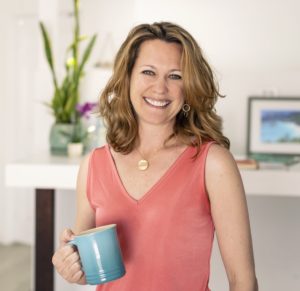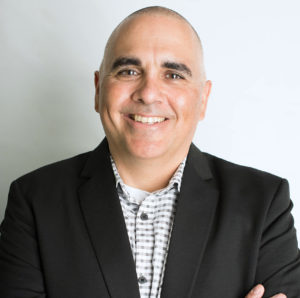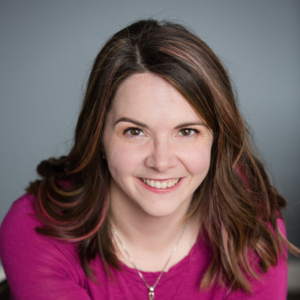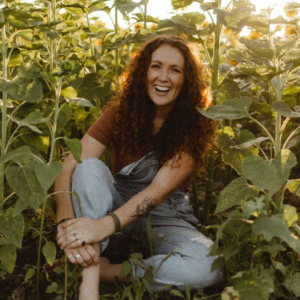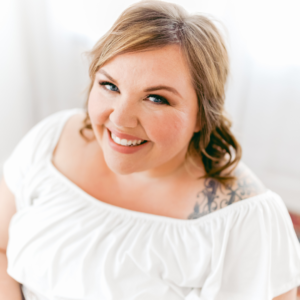I'm so excited to introduce you to this week's guest on Pep Talks for Side Hustlers, Christina Scalera!
Christina Scalera is the attorney and founder behind The Contract Shop®, a contract template store for creative entrepreneurs, wedding professionals, and coaches. In 2014, Christina found herself dreaming of pursuing a more creative path, and she started to look for alternatives to her in-house legal job. She explored everything from teaching yoga to becoming a freelance graphic designer to opening an Etsy shop. In the process, she ended up coming full circle by creating a business that brought the benefit of her legal training to help her fellow creatives.
She's now teaching others how they too can create an online shop phenomenon, create daily income, and get out of the client-getting hustle with her course, Products on Tap®. When she’s not staring at a computer or awkwardly standing on cafe chairs for the perfect overhead latte photo, you can find her in the woods doing things that are sometimes dangerous but always fun, like riding horses, skiing, and reluctantly camping.
Push play to listen to this week's episode, or read the full transcript below!

